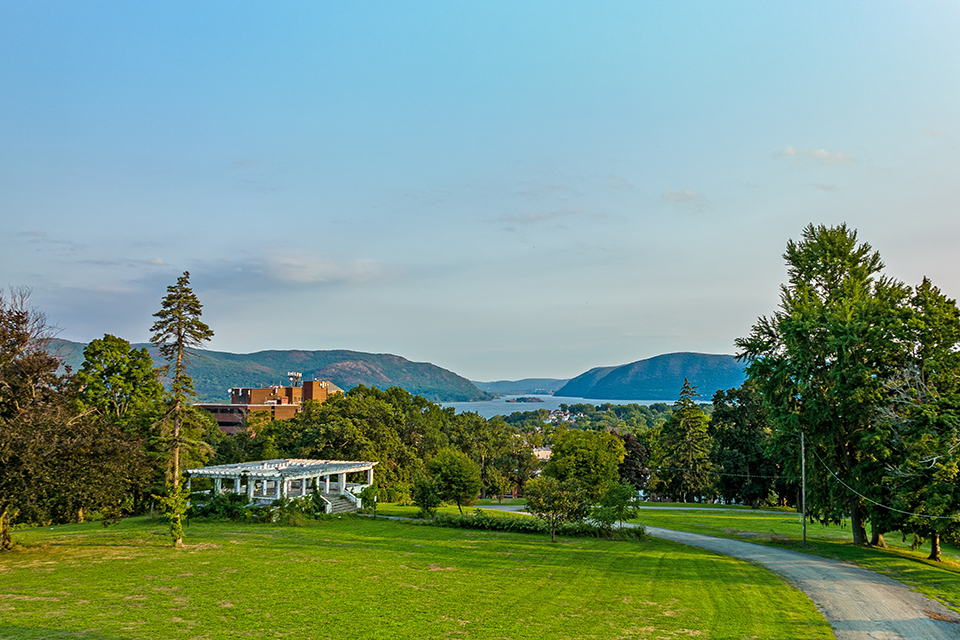
The Midway Plaisance Park Advisory Council (MPAC) received grim news that this Earth Day 2024 may be the last where the park’s ecosystem benefits from the Midway Plaisance’s sole wetland.
Against MPAC recommendations, the Chicago Park District (CPD), with endorsement by the City of Chicago, has voted to drain the park’s vital wetland. Officials claimed that this is the only way to comply with a federal requirement to replace recreational space lost in Jackson Park that had been created by the Urban Park and Recreation Recovery Program.
This is not true.
Friends of the Parks, Openlands, Landmarks Illinois, and Preservation Chicago are among the many local organizations that joined MPAC’s call to amend the governing Memorandum of Agreement to identify an alternate UPARR replacement location. A new planning process for an alternate location could ensure both recreational investment in underserved communities and preservation of a vital ecological asset. A win-win. In fact, MPAC has endorsed a restoration approach for its wetland that would enhance the remaining climate-friendly features of the Midway’s East End. The proposed design is known as the Midway’s East End Oasis.
Wetland Crucial to Advancing Climate Goals
The accelerated pace of climate change creates even greater urgency for preserving local ecosystems. MPAC advocates for expanding its wetland’s carbon-capture functionality through incorporating more trees and native plantings beneficial for migrating birds, bees and other creatures, enhancing the park’s appeal as a green space inviting for nature lovers of all types. For local school children, the East End Oasis can be an outdoor classroom that extends science education curricula through engagement with the local ecosystem found in their public park.
The Midway’s East End Oasis is aptly named, as it also can help offset damaging heat-island effect from nearby concrete and asphalt-based construction. With March 2024 logged as the warmest month of March on record, the fight against the harmful effects of climate change is truly local. MPAC continues to fight for environmental justice and park equity in this beloved public Olmsted-designed park on Chicago’s South Side.
By ignoring MPAC’s proposed environmentally friendly East End Oasis design and pushing ahead with their wetland drainage project, the Chicago Park District and the City of Chicago are deepening environmental harm as they disfigure an historic landscape. (Recently, the Chicago Park District’s destruction of nine trees in the park— including an old-growth tree—added to the hundreds of trees cut down to make way for construction in Jackson Park.) As environmental justice priorities for the park are under attack, calls for public officials to assess the environmental impact of these actions remain unaddressed.
Bronwyn Nichols Lodato is a member of the Olmsted Network board.













